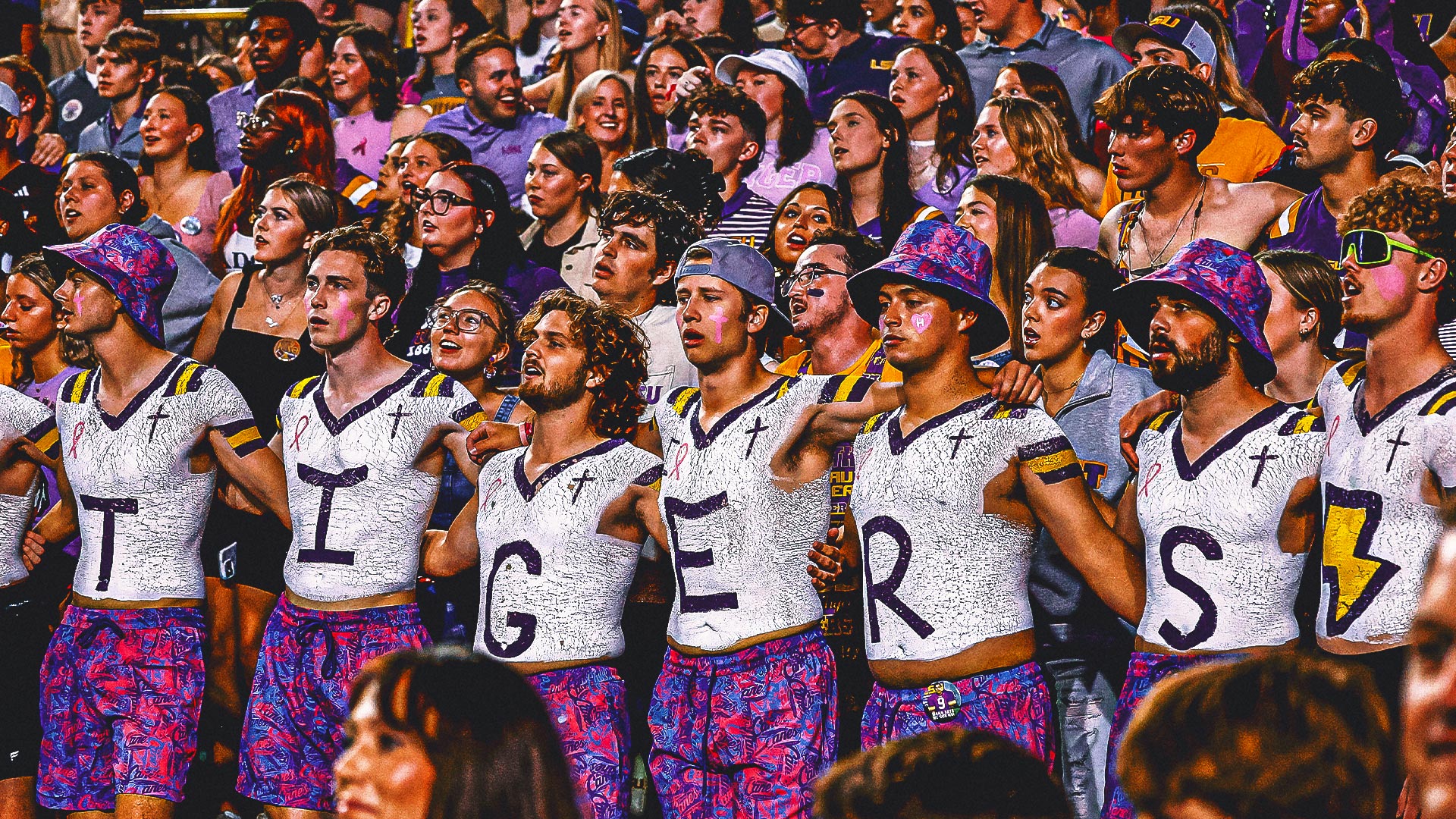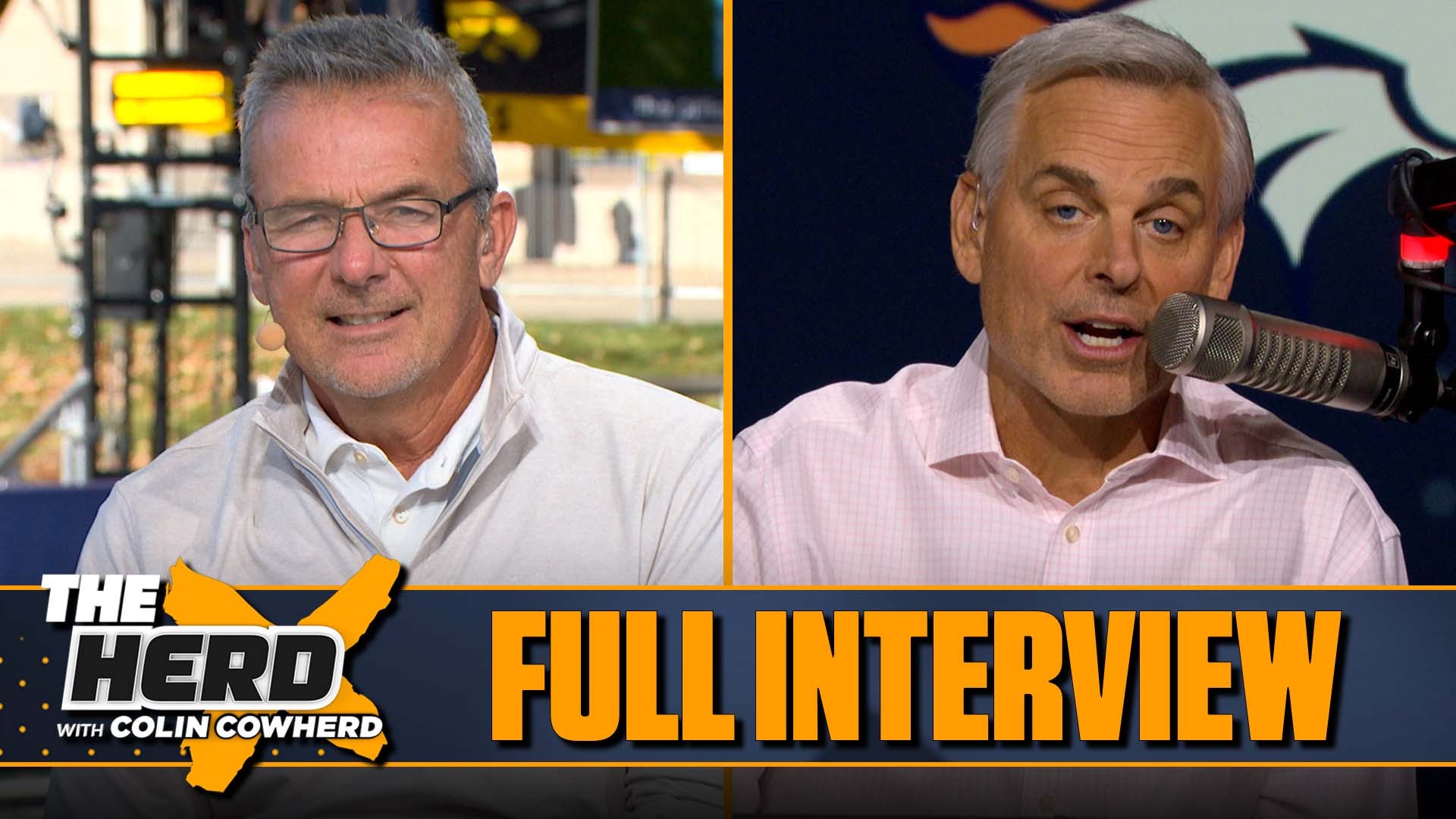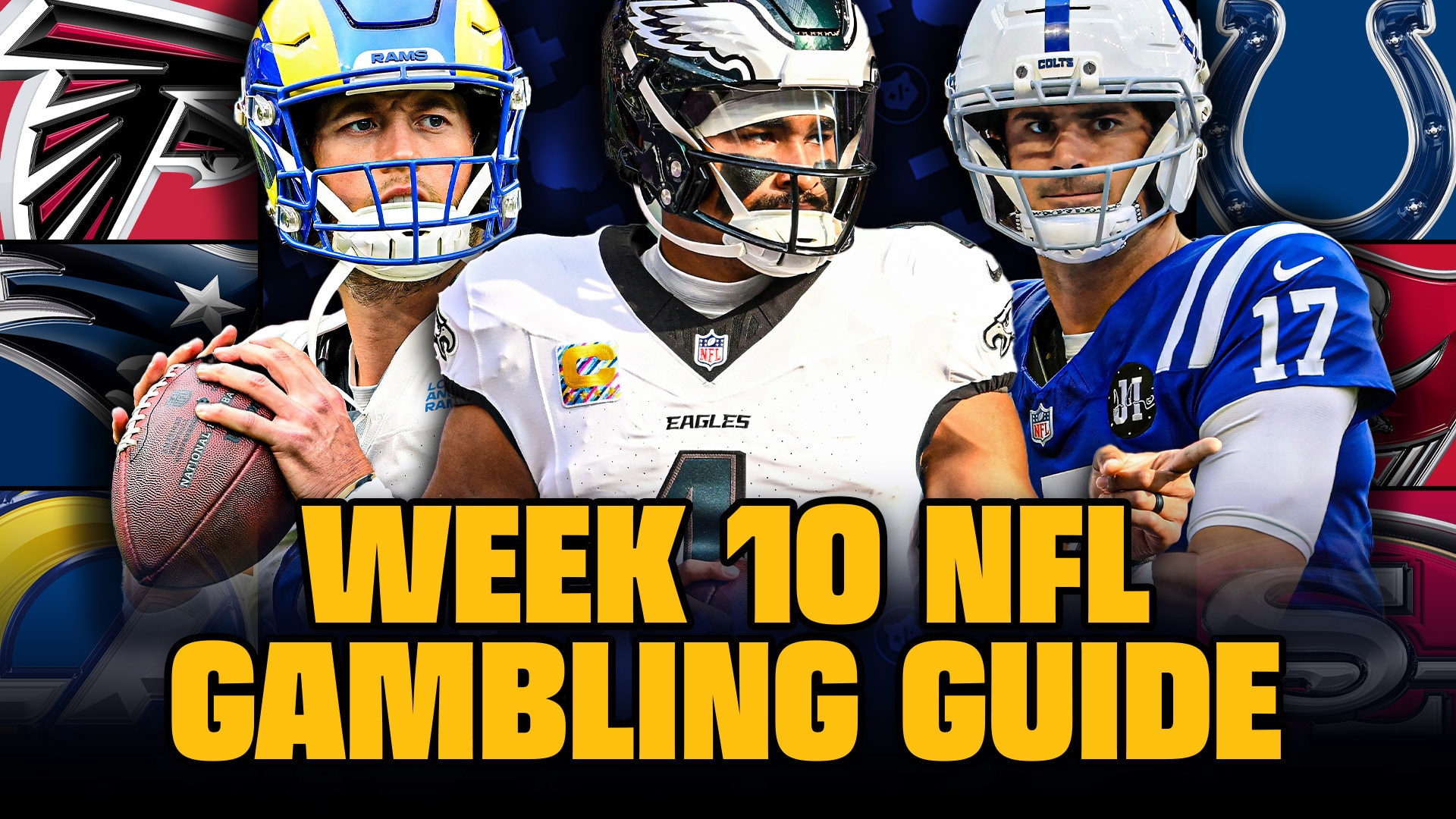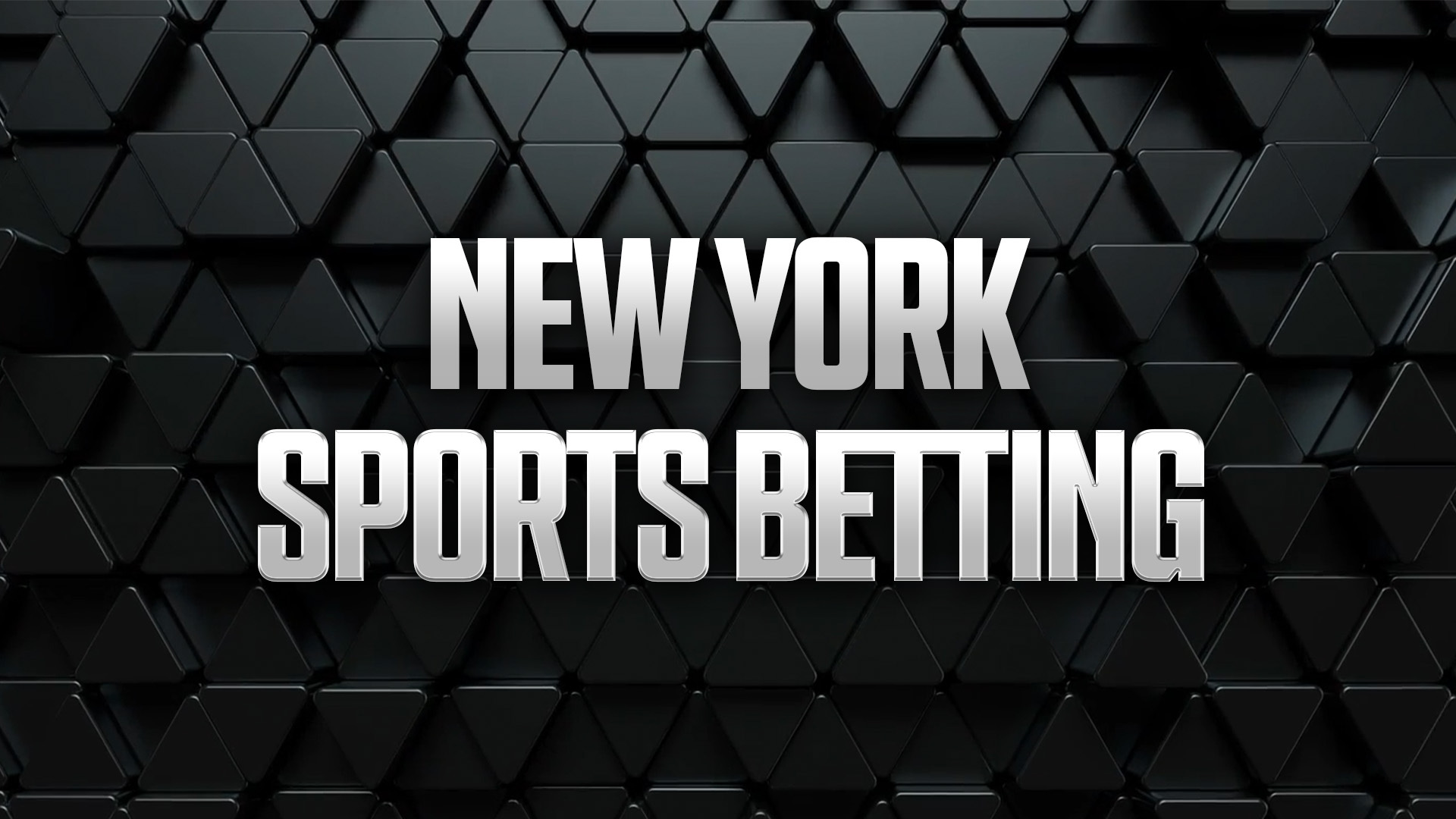Panini has been suing Fanatics for alleged antitrust violations since 2023 in a high-stakes battle that has rocked the trading card industry.
On Thursday, another card company sued Panini—alleging much of the same behavior that Panini has accused Fanatics of.
The case is brought by Wild Card, a company started in 2021 that has roots in the 1990s.
Wild Card alleges that Panini threatened distributors in 2021, warning that if they carried Wild Card there would be consequences. As a result, four distributors “abruptly withdrew from profitable ongoing Wild Card orders despite strong demand and no performance issues,” the complaint says.
It’s unclear why Wild Card waited four years to file the lawsuit; the company’s lawyers did not reply to several requests for comment. Wild Card also alleges Panini put pressure on card manufacturers not to print the new company’s cards, leading to lower-quality products.
The allegations mirror those brought by Panini against Fanatics. In addition to the core charge that Fanatics is cornering the market on trading card licenses, Panini also charged its bigger rival with pressuring distributors and buying the factory that printed Panini’s cards.
This is not the first time since Wild Card’s launch in 2021 that it has been in a legal tussle with Panini. Wild Card was known as AAA Sports in the 1990s when it sold cards of top quarterbacks. At the time, the NFLPA and NFL did not have a group licensing arrangement, so AAA, which sold under the Wild Card brand, could sign players without license.
That changed when the union and league started a trading card program, ultimately leading AAA into bankruptcy. Its Chapter 7 closed in 2000 but the estate continued to own the copyrights to Wild Cards.
In 2022 the trustee for the estate filed a lawsuit against Panini for selling trading cards that mimicked the Wild Cards; ultimately Panini agreed to pay the estate $25 million.
Now the stakes are even higher.
Since 2009, Panini “bolstered its market power in the premium basketball trading card market by securing exclusive trading-card contracts with incoming NBA draft classes, thus locking in exclusive autograph and memorabilia trading-card agreements with virtually all high-profile draft prospects before they ever played a game,” the complaint alleges.
“These exclusive licenses gave Panini control over virtually all league-licensed basketball and football trading cards in the United States. Panini’s market share and allocation control in the premium segment were dominant.”
Wild Card does not have licenses with the leagues and unions, but it can cut individual deals with athletes showing them without league and union logos. In 2021 it signed Trevor Lawrence before his rookie season, and the cards showed him preparing for the draft.
Panini’s license with the NBA expired last month, and its football ones expire in four months. Its lawsuit against Fanatics charges the company with monopolizing the trading card market and seeking to put Panini out of business.
Wild Card’s complaint does not seek a specific amount of money, but it does ask the court to enjoin Panini from pressuring its distributors not to do business with Wild Card and establish neutral rules for dealing with them.
Panini’s case against Fanatics in federal court survived a motion to dismiss and is in discovery now. Unless the court rejects Panini’s suit on summary judgement or the sides settle, the case is expected to go to trial in 2027 at the earliest.
The post Panini Accused of Same Antitrust Violations it Leveled at Fanatics appeared first on Front Office Sports.

 6 hours ago
8
6 hours ago
8

















